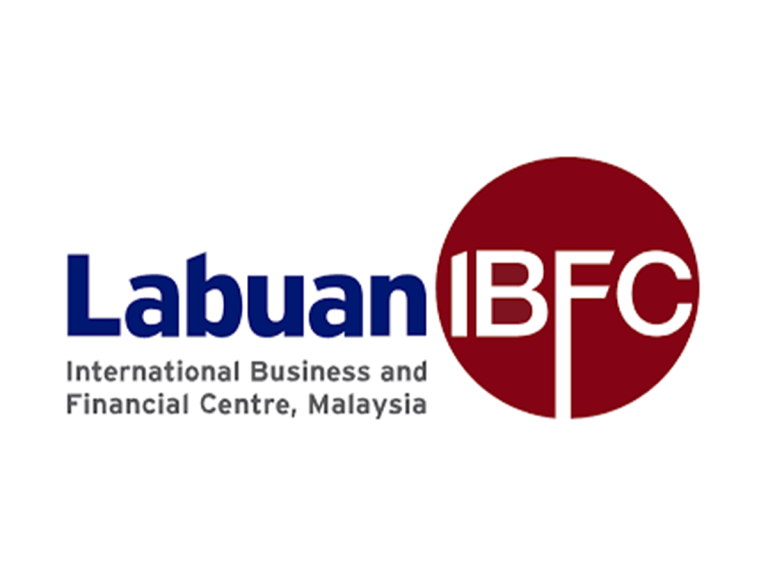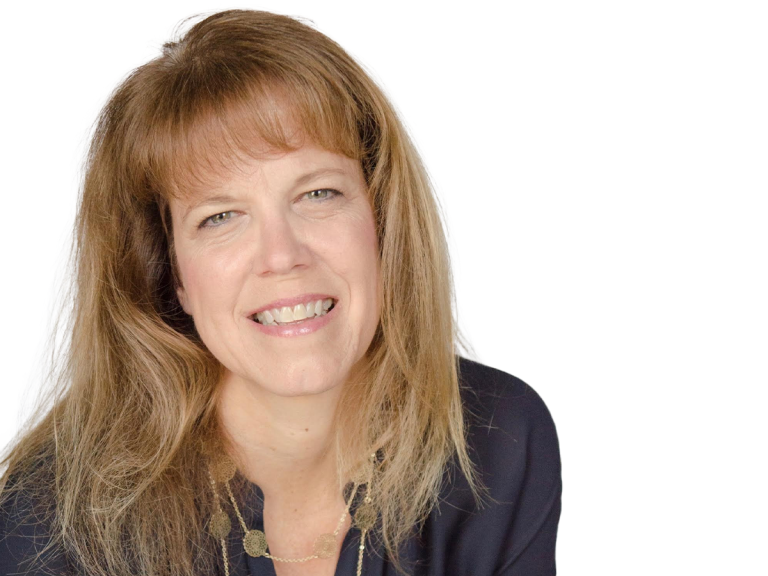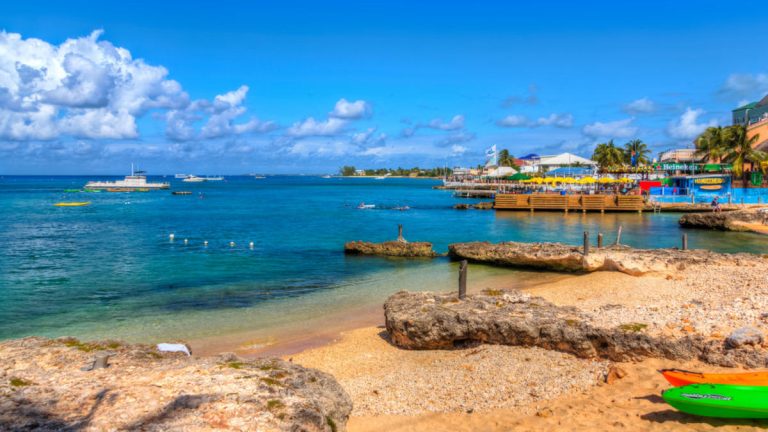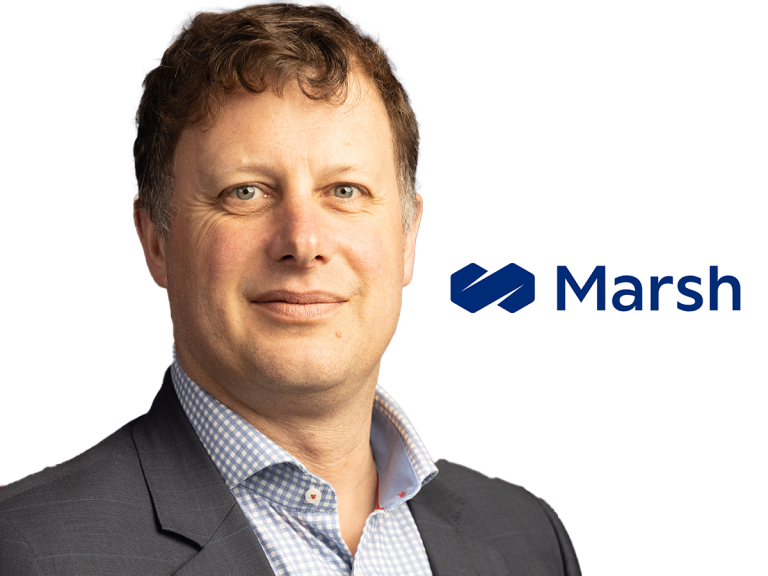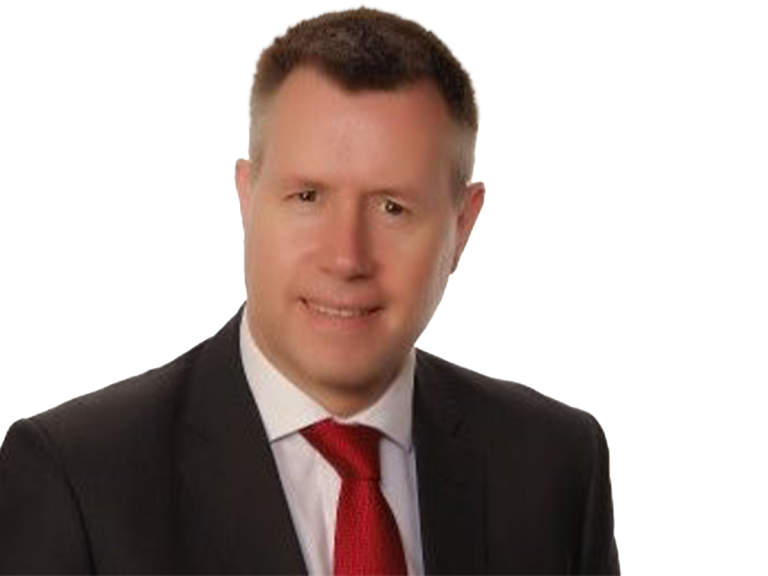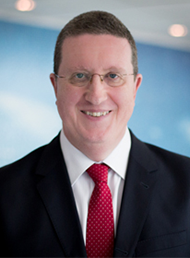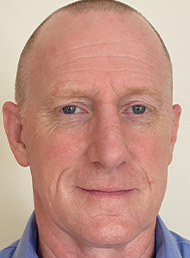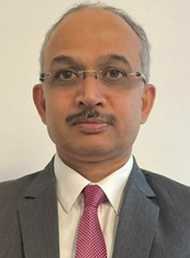
The jurisdiction offers a complete ecosystem for captives
Captives as a viable form of self-insurance
Captive insurance has enjoyed significant popularity in recent decades. In its simplest form, a captive is a wholly-owned subsidiary created to provide insurance to its non-insurance parent company (or companies).
Captives are essentially a form of self-insurance whereby the insurer is owned wholly by the insured. Because the owners are also the insured, they can exert much greater control, especially regarding the types of risks insured and the decision process surrounding underwriting, as well as loss control, operations, and management.
Labuan IBFC offers a comprehensive captive ecosystem
Geographically situated off the coast of Borneo in Malaysia, Labuan International Business and Financial Centre (Labuan IBFC) has been operating as Asia’s premier international financial hub for almost 35 years. It remains an attractive financial intermediation hub, currently hosting the operations of more than 800 licensed financial institutions.
Governed by a centralised regulator, the Labuan Financial Services Authority (Labuan FSA), a statutory body under the purview of the Ministry of Finance, Malaysia, the centre functions within a comprehensive legal framework. The jurisdiction provides a cost-efficient operating base in a currency-neutral operating environment which is home to 235 insurance and insurance-related entities.
As at the first half of 2024, 74 captives have been licensed, generating a total premium volume of more than half a billion within this year itself. Indeed, the Labuan captive sector has experienced exponential growth with premiums growing at 8% per annum since 2019.
Labuan IBFC complies with global standards and insurance best practices, with regulatory requirements being continuously reviewed. In creating a business-friendly proportional market environment, the International Association of Insurance Supervisors (IAIS) core principles and captive guidance are observed and rigorous efforts to adhere to the Insurance Capital Adequacy Framework (ICAF) have provided insurers with the needed financial buffers and an advanced risk management approach to better weather external adversities.
This balancing strategy is key to Labuan IBFC operating as a regional business hub, especially for businesses looking to expand into Association of Southeast Asian Nations (ASEAN) countries or out of the region.
A diverse array of captive solutions and programmes
As Asia’s premier international financial hub, the centre offers a range of self-insurance structures and solutions be it in conventional, digital and Shariah-compliant versions.
Innovative captive solutions include pure/single owner captive, group, association, master and subsidiary rent-a-captive, cell and multi-owner captive, and Protected Cell Companies (PCCs). Labuan IBFC is also the only jurisdiction in Asia that provides for the PCC structure with roughly 15 PCCs licensed to date.
This broad range of solutions offers businesses maximum flexibility, resulting in sustained interest from investors.
Labuan IBFC’s approach to developing its self-insurance sector involves collaborations with risk management communities and international industry associations, targeted briefings, and ensuring our presence at flagship captive events.
Dedicated to highlighting captives as the ‘IT’ solution for risk management, Labuan IBFC’s flagship event, the Asian Captive Conference (ACC), was held on September 19, 2024 at the Sime Darby Convention Centre, Kuala Lumpur with the theme Asian Anchors: Leading the way in Captive Innovation.
The captive-centric conference was attended by over 200 attendees globally which included regulators from Cambodia, Hong Kong and India’s insurance industries; professionals, investors and service providers from the global captive industry and representatives from government agencies who participated in an exchange of ideas as well as opinions on the challenges, benefits, and trends in the captive segment.
An award-winning captive hub
Labuan IBFC clinched the Highly Commended International Domicile awards both in 2023 and 2022. The jurisdiction also garnered the Top International Captive Domicile award in 2021.
The awards were bestowed by the European Captive Awards. Labuan IBFC was the only jurisdiction from Asia to be shortlisted in this category, alongside other leading global domiciles, cementing Labuan IBFC’s growing recognition as a global captive domicile.
Road to 2025 and beyond
Leveraging on the business optimism introduced by the Strategic Roadmap 2022-2026 initiatives, Labuan IBFC is constantly looking to maintain its competitive advantage. The centre’s roadmap highlights captive insurance as one of the key segments for the jurisdiction and features key initiatives charting the path for the development of the jurisdiction as both a regional and global captive hub.
Marking a significant milestone for innovation in the captive industry, new captive omnibus guidelines were issued in 2023. The new policy expanded the risks by indirectly underwriting insurance interest risks. Additionally, clarity was provided for the allowance of separate cells under the same PCC to conduct either general or life insurance business.
The roles and responsibilities of PCCs, master-rent-a-captives and intermediary-owned rental captives, as well as other captive structures and operational requirements were also expanded upon.
This change shows the growing maturity and technical ability of the Labuan captive sector to handle more complex risks. As a result of this policy shift, Labuan has recently added five new External Rent-A-Captive (X-RAC) entities, which provide coverage for various areas, including general liability, product liability, cyber liability, extended warranties, and earthquake insurance.
Captives have shown tremendous potential in mitigating connected risks, which are not limited to cybersecurity, supply chain, environmental and geopolitical risks. In a nutshell, Labuan IBFC is confident that the role of captives is set to expand and evolve at pace.

